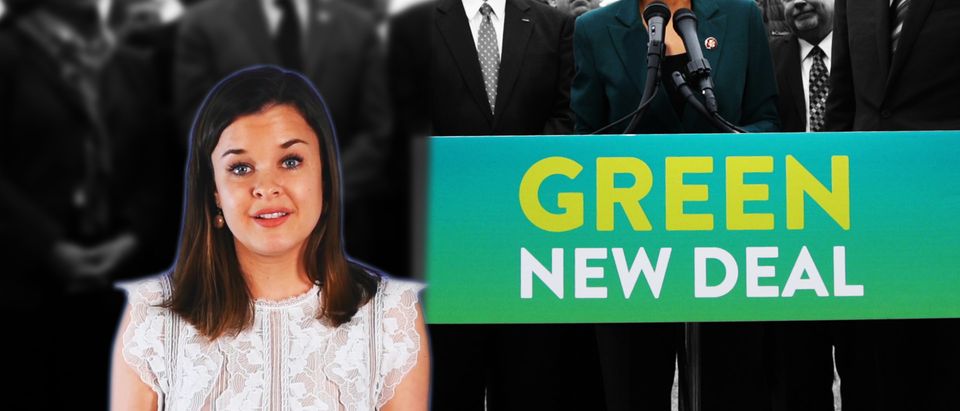Student protests have taken part worldwide to challenge politicians’ stances on climate change, and to demand that more be done. Students in over 100 countries and all 50 states in the U.S. participated in this strike.
Co-coordinated strikes were organized internationally through social media volunteers, and the response was significant with large demonstrations across Europe, India, Australia and the U.S. (RELATED: Democrats Encourage Kids To Ditch School And Join The ‘Climate Strike’)
This collective effort signifies that climate change policy is on the forefront of not just the Democratic Party in the United States but to populations worldwide. These protests are a direct response to the report released by the United Nations in October 2018 that stated there would be irreversible worldly changes, if the human impact on the climate is not immediately addressed. Proponents say the amount of carbon emissions currently being produced globally needs to be significantly reduced and cultural changes need to be made to ensure that the emissions stay low.
President Trump’s response to the report shocked viewers worldwide as he stood in front of the White House lawn and said, “I don’t believe it.” The American response has been substantial – most notably with Alexandria Ocasio-Cortez’s newest proposal to combat climate change in her Green New Deal.
This proposal, while emphatically embraced by some, has downright angered others with the extreme measures it calls for, such as the need for every American to drive an electric car, and redoing every building in the U.S. to make them meet new green standards. But perhaps most notorious is her proposal for a high-speed cross-country train. The estimates for how much the proposal would cost to rollout range in the trillions of dollars, with some quoting figures as high as upwards of $90 trillion.
But Joseph Majkut, the director of Climate Change Policy at the Niskanen Center, a nonpartisan think tank with traditional libertarian ties, believes that there is more that can be done to address climate change without the extreme price tag, and it starts with a carbon tax.
Many hear the word tax and immediately object to it, but he explains this isn’t a tax that is going to drastically effect the everyday American, but rather corporations and how they proceed in the future — in an attempt to meet carbon net neutrality.
This issue of climate change has become a present-day issue, and the debate in the scientific community is not about whether or not human activities are causing a rise in CO2 emissions, it is about the level of response we should be taking.
In an interview with The Daily Caller, Majkut explained that those in the U.S. and the world need to be looking at what the verifiable facts say. And if a set of facts does not coincide with what the scientific community at large is accepting, then look to who is pushing what narrative.
“Is a person that’s espousing some other notion, are they trying to work with the scientific community? Or are they trying to convince a people who are non-experts? Because if they are trying to convince people who are non-experts of a story line that is really vastly different than what is offered by a lot of the scientific community, that may be because they are not able to convince their actual peers.”
Tune in to see what is happening with climate change today.


